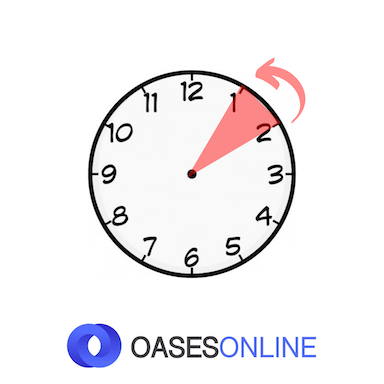Does Daylight Savings Impact Learning
Should you change your tutoring during Daylight Savings? Daylight savings time will end this coming Sunday morning, November 7th, 2021. Because of this I’m sure that you and most of your tutors and students will be looking forward to an extra hour of sleep. However, does anyone get any extra sleep and is there an impact on learning caused by these disruptive time changes.
History of Daylight Savings
Benjamin Franklin suggested the idea of daylight savings back in 1784, as a way to economize on sunlight and burn fewer candles during winter mornings and nights. Congress passed the Uniform Time Act in 1966, with the same intention of saving energy.
Student Sleep Disruption
When we take a look at the educational system and the impact on students learning during daylight savings, we can start to see one of the areas where changing our clocks by just one hour makes a difference, but not for the better.
The downside to daylight savings is all about sleep disruption and how it can impact students is felt more in March when Daylight Savings begins. An article on the sleep foundation’s website cites:
Humans are most vulnerable to sleep deprivation in early March, as they transition from Standard Time to DST. One study found that the average person receives 40 minutes less sleep on the Monday after “Springing Forward”
Student Circadian Rhythms
However, in addition to the March change the November ‘fall back’, has similar detrimental affects on all of us. That is to say our Circadium Rhythms are impacted by seemingly small changes. This is another thing to consider when tutoring during daylight savings changes.
An article on End Daylight Savings Time’s website outlines that regular sleep habits, such as going to bed and rising the same time every day, have repeatedly shown to maintain an optimum circadian rhythm. Conversely, interruptions to our natural sleep cycles can disrupt these rhythms.
Learning During Daylight Savings
Disruption to your students’ sleep and student circadian rhythms can cause a loss of focus and learning during daylight savings. Importantly, there are studies that support this. A 2015 study published in the Journal of Clinical Sleep Medicine found that a significant sleep loss associated with time change implementation in a group of high school students lead to decreased vigilance and increased daytime sleepiness.
Another study showed that a disruption in the light dark rhythm lead to a 50% reduction in the growth of new brain cells in rats, causing learning and memory problems.
Tutoring During Daylight Savings
So what do you do when tutoring during daylight savings? Perhaps you could adjust tutoring during daylight savings. In the week following a time change avoid scheduling important tests for your students and additional activities for your tutors. You could use the time as a review period rather than introducing any new or complicated concepts.
As it can take your body up to a week or more to adjust, falling asleep and waking up can be harder. The Sleep Foundation has some great advice to prepare for each time change:
- Practice good sleep hygiene
- Establish a consistent sleep routine
- Gradually alter your bedtime
- Spend time outdoors
- Nap in moderation
Interested in Oases for your Tutoring Business?
Love it and want it now?
Create your Oases database!


